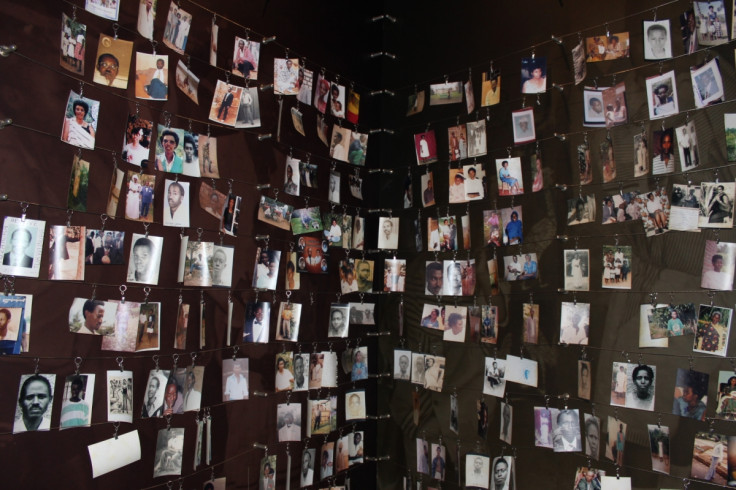Rwanda urges Vatican to apologise for Catholic Church role in genocide due to 'inadequate' apology
More than 800,000 ethnic Tutsi and moderate Hutu were massacred in three months in 1994.
The Rwandan government has slammed the Catholic Church for what it believes is an "inadequate" condemnation of its role in the 1994 genocide. Earlier this month, nine members of the Conference of Catholic Bishops admitted – for the first time – that its members participated in the killings.
More than 800,000 ethnic Tutsi and moderate Hutu were massacred in three months.
Bishop Philippe Rukamba, chair of the Catholic Episcopal Conference of Rwanda, later clarified that the apology was in the name of individuals and not the church, which he said did not play any role in the genocide.
Several Catholic priests and members of the church were tried both in Rwanda and at the UN special tribunal in Arusha, Tanzania, for their roles in the killings.
The Rwandan government, led by Paul Kagame, welcomed the move. However, it said the bishops did not acknowledge the extent of the Catholic Church in the massacres.
"This step is welcome, as individual expressions of remorse. However, its profound inadequacy only serves to highlight how far the Catholic Church still remains from a full and honest reckoning with its moral and legal responsibilities," read a statement.
"The bishops appear to take the extraordinary step of exonerating the Catholic Church as a whole for any culpability in connection with the Genocide. Everything in the historical record contradicts this divisive claim.
"Second, it is regrettable that some priests apparently declined to read the bishops' message to parishioners as intended, thus disassociating themselves from even this mild expression of regret," continued the statement.
"Finally, given the scale of the crimes, there is ample justification for an apology from the Vatican, as has occurred repeatedly with other cases of lesser magnitude."

What sparked the Rwanda genocide?
Tensions between Hutu and Tutsi ethnic groups started with the Belgian colonisation in 1922. The colonisers supported the Tutsi political power and exacerbated ethnic differences between Hutus and Tutsi by introducing the compulsory use of identity cards.
After a Hutu revolution led to the 1962 declaration of independence and the establishment of the Rwanda republic, led by the MDR-Parmehutu, the country was rocked by sporadic violence between the Hutu government and Tutsi rebels.
In 1990 the Rwanda Patriotic Front (RPF), formed by Tutsi refugees who had fled along with their families to Uganda due to ethnic violence in the previous years, invaded Rwanda, starting the Rwanda civil war.
The conflict lasted until 1994, when the genocide against the Tutsis was sparked after suspicions spread that Tutsis had carried out an attack against the then Hutu president Juvénal Habyarimana, who died together with Burundi's President Cyprien Ntaryamira in a plane crash on 6 April 1994 .
© Copyright IBTimes 2025. All rights reserved.






















